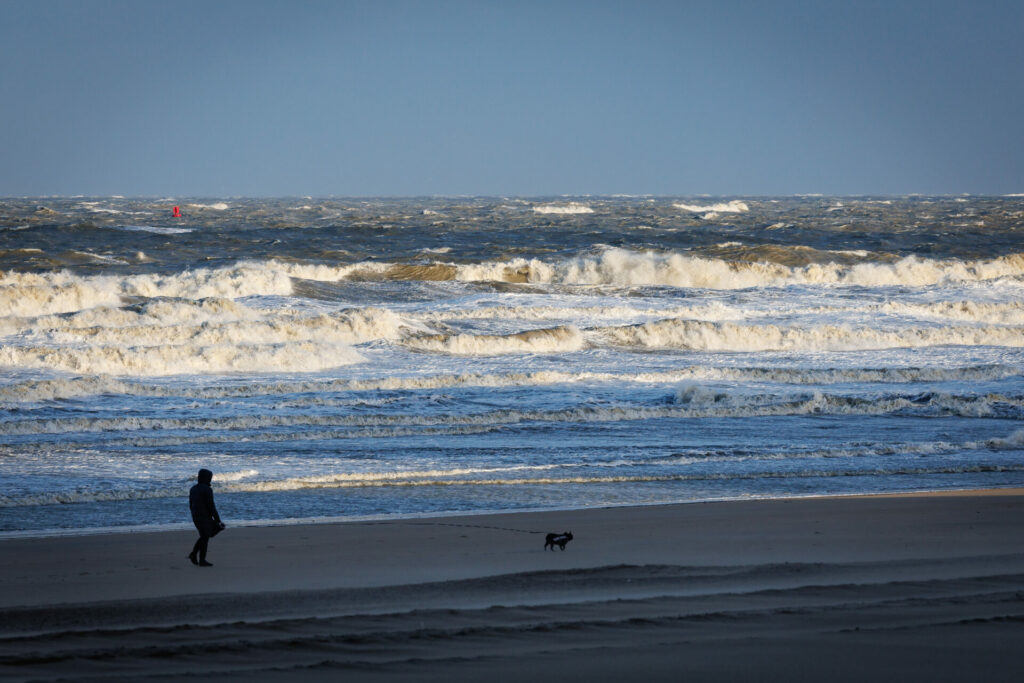Per- and polyfluoroalkyl substances (PFAS), persistent and toxic chemicals that are used in the production of numerous everyday products, have been identified in varying amounts in sea foam off the Belgian coast.
The revelation comes following a study by the Flemish Institute for Technological Research (VITO), commissioned by the Flemish Health Agency. However, according to VITO, almost no traces of PFAs have been found in seawater itself, and there is therefore no danger to tourists or locals enjoying the Belgian coast.
The health risks for visitors to the coast are limited, echoes the Flemish Health Agency. "Swimming, bathing or playing in seawater does not pose a health risk, as PFAS concentrations in seawater are much lower than in sea foam,” a statement, published by RTBF, read. “However, it is recommended not to swallow sea foam and not to let children play in it. Similarly, a day at the beach goes hand in hand with good personal hygiene: rinse your body and wash your hands, especially before eating."
Related News
- Council of Europe assembly calls on Member States to recognise ecocide
- Belgians on summer trips return to pre-Covid levels
The study shows that PFAs concentrations can vary depending on location, time of day and season. Although the origin of these substances is still hypothetical, the researchers found a higher concentration of PFAS in deposits from the River Scheldt. The Institute points out that other currents or causes could also explain the origin of these toxic substances.

